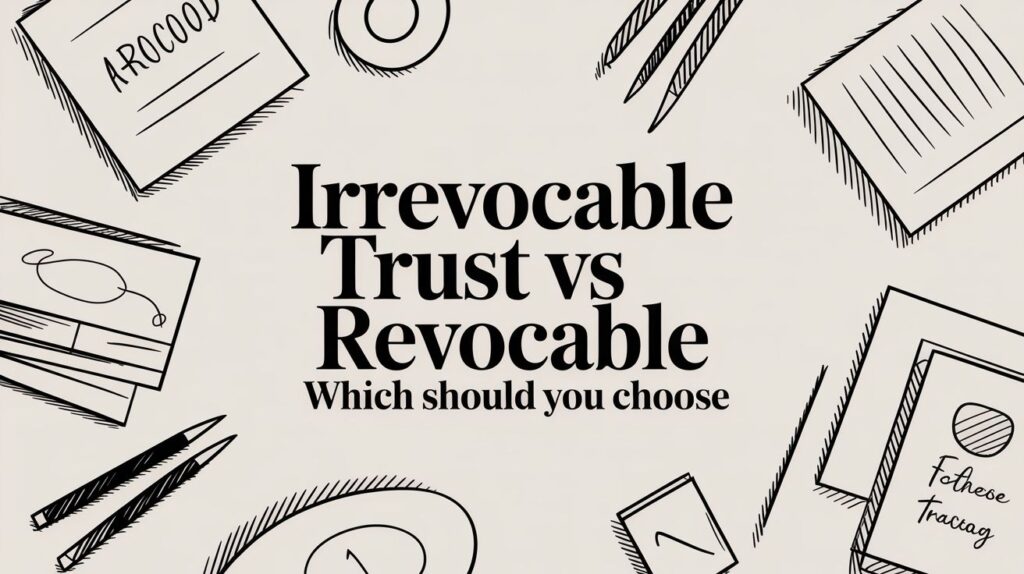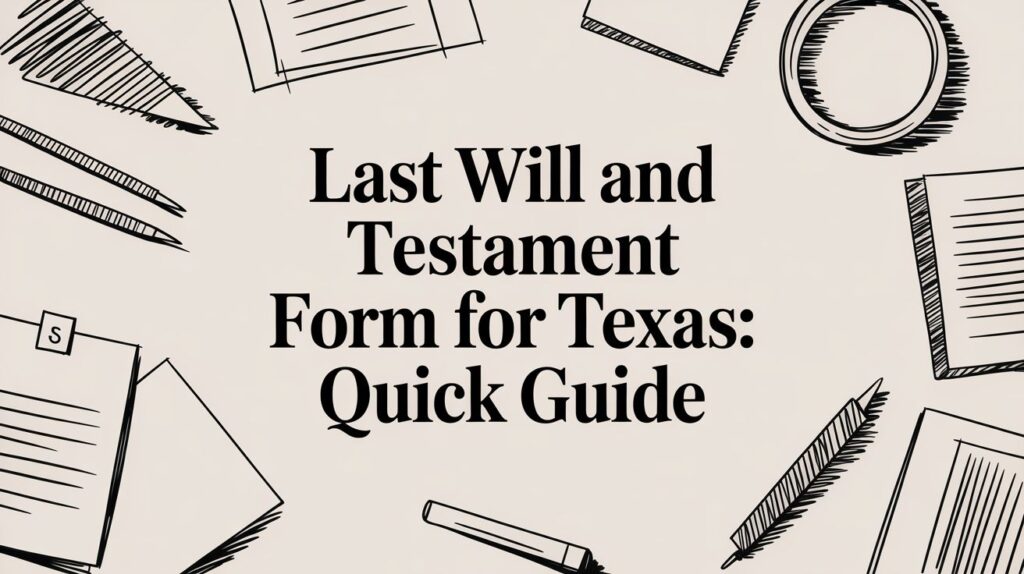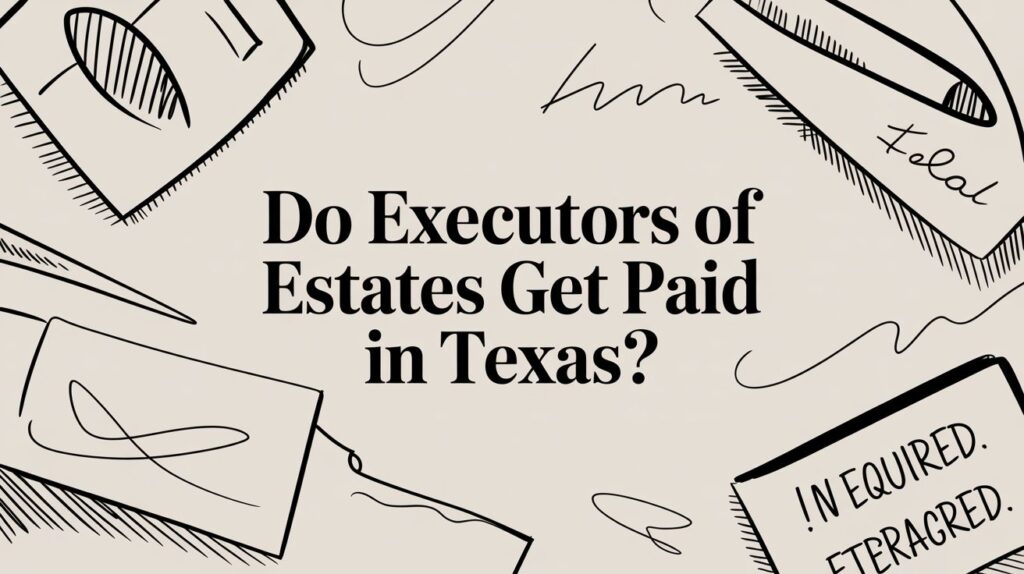When most people write a will orplan their estate, they do it with love and responsibility in mind. They want to ensure their assets go to those they care about most, especially children and grandchildren. But what happens when those intended heirs are minors? Can a child inherit property outright? What does Texas law say about leaving a house, a bank account, or even a business to someone who isn’t yet old enough to drive? The short answer is: things can get messy—very messy.
While leaving property to a minor might seem straightforward in principle, the legal reality in Texas is anything but. Without the right legal planning, you could accidentally create a situation where your assets are frozen, your family ends up in court, or your child loses out on the very inheritance you intended to protect. This isn’t just about money; it’s about avoiding years of legal frustration and making sure your legacy benefits your loved ones the way you imagined. Let’s explore how Texas law treats minors when it comes to inheritance, the complications that can arise, and how to properly structure your estate to avoid creating more problems than you solve.
What Happens When a Minor Inherits Property in Texas?
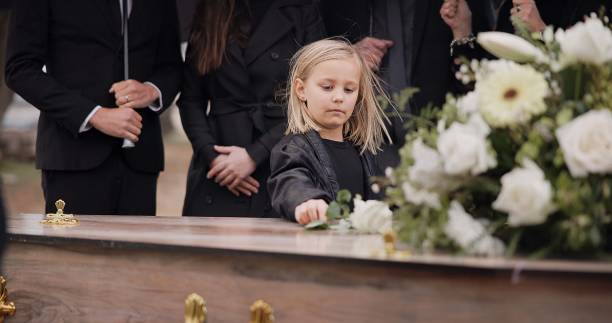
Under Texas law, a minor cannot legally own or control most types of property. This isn’t a judgment on maturity or character—it’s simply a legal safeguard. Minors (anyone under 18 years old) lack the legal capacity to enter contracts, manage money, or handle real estate transactions. So, if you name a child as a beneficiary of your estate—whether in a will, trust, life insurance policy, or retirement account—and don’t provide further instructions, the law must intervene.
Court-Appointed Guardianship
If a child inherits property without a trust or custodian in place, the court will usually step in and appoint a guardian to manage the property until the child turns 18. This is not the same as a guardian for physical custody. Instead, it’s a guardian of the estate—a person (often a relative) appointed to control and manage the child’s financial inheritance.
This sounds reasonable at first. But the process to appoint this guardian can be costly, time-consuming, and heavily supervised by the court. The guardian must report regularly to the court, get permission for major financial decisions, and adhere strictly to guidelines. In some cases, they must also post a bond (an insurance policy to protect the assets), which can eat into the value of the inheritance.
Once the child turns 18, the guardianship ends, and the property transfers directly to them. That means an 18-year-old could suddenly have full control over a bank account, a house, or even a business, without any financial experience or protection against making poor decisions.
Why This Can Be a Legal (and Emotional) Disaster
Let’s imagine a few common scenarios:
You leave your life insurance to your 10-year-old son, thinking it will help him get through college. But you didn’t set up a trust or designate a custodian. Now, after your death, the court must appoint someone to manage that money. Legal fees pile up. Your family is in conflict over who should be in charge. The court limits how much can be withdrawn for your son’s needs, requiring approvals for every major decision.

Or consider this: you gift your house to your 16-year-old daughter in your will. Without a trustee or conservator, the property becomes legally complicated. She can’t legally own it, sell it, or manage it. If the house needs maintenance or a mortgage needs paying, someone else must do it—and they need legal authority to act. The court may even have to appoint someone to do so. Meanwhile, the property could fall into disrepair or financial trouble, harming the very gift you intended to provide.
Now, take that same situation and imagine an 18-year-old suddenly inheriting thousands of dollars from an account you left them. Texas law gives them full access at 18. No oversight. No restrictions. Would your teenager be ready for that responsibility?
The Right Way to Leave Property to a Minor in Texas
Avoiding the chaos doesn’t mean avoiding the gift. You absolutely can and should plan to leave property to your children or grandchildren, but you must do it the right way.
Setting Up a Trust
The most effective way to leave property to a minor is through a trust. A trust allows you to control how and when the child receives the inheritance. You choose a trustee (someone you trust) to manage the property and use it for the child’s benefit. You can write specific instructions: funds should only be used for education, medical needs, or other essentials, and larger distributions can wait until the child reaches a more mature age—say, 25 or 30.
With a properly drafted trust, you avoid court intervention, keep control of how the assets are used, and provide guidance for the child’s benefit even after you’re gone.
Using a Custodial Account (UTMA)
Another option is setting up a Uniform Transfers to Minors Act (UTMA) account. This allows you to transfer money or assets to a custodian who manages the property until the child reaches a certain age, typically 21 in Texas. It’s simpler than a trust but provides less control and flexibility. The child still gets full control at the age of majority, and there’s no way to delay or limit spending after that.
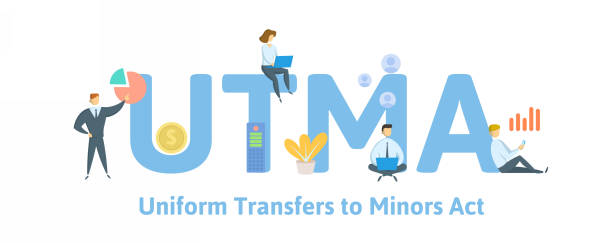
Still, for smaller gifts or straightforward transfers, a UTMA account can be a helpful alternative to court-ordered guardianship.
What About Life Insurance and Retirement Accounts?
Many parents name their children as beneficiaries of life insurance policies or retirement accounts. This is often done with the best intentions, but it can cause serious problems if the child is a minor.
Insurance companies and retirement plan administrators won’t release funds directly to a minor. If no trust or custodian is named, the payout is stalled, and the court must step in to appoint a guardian of the estate. This delays access, increases costs, and adds stress during an already emotional time.
To avoid this, designate a trust as the beneficiary of the life insurance policy or retirement account, or name a custodian under the UTMA. Doing so allows the funds to be managed appropriately and avoids court entanglement.
The Emotional Toll of Poor Planning
Legal complications are one thing, but what about the emotional consequences? Children who inherit under unclear or poorly constructed plans can be caught in legal limbo, financial insecurity, or family conflict.
Guardianship proceedings may expose them to court hearings, forced decisions, and pressure from adults vying for control. If relatives disagree about who should serve as guardian or trustee, the dispute can quickly escalate into costly legal battles that drain the estate and fracture relationships.
Even in cases where the process works as intended, a young person may still feel overwhelmed by the pressure of suddenly inheriting significant responsibility. That’s why thoughtful planning is not just a legal issue—it’s an act of emotional care and protection.
Protecting Your Legacy and Your Family’s Future
Estate planning may not be the most glamorous subject, but when it comes to leaving something for the next generation, few things are more important. In Texas, the legal system is clear: minors cannot handle property or complex assets on their own. If you don’t plan accordingly, the courts will have no choice but to step in, and the results might not reflect your wishes.
By working with a qualified estate planning attorney and using tools like trusts or custodial arrangements, you can turn a potential disaster into a long-lasting benefit. You ensure your child or grandchild receives what you intended—not just the asset, but the structure, security, and wisdom behind it.
Conclusion: Love Isn’t Enough—Planning Is Protection
When you leave property to a minor in Texas without proper planning, you don’t just risk legal confusion—you risk failing the very person you hoped to help. A simple gift can turn into years of court oversight, drained finances, and unintended consequences. But with the right tools, you can ensure your legacy becomes a source of strength, not stress. Leave your family more than just assets. Leave them a plan.



